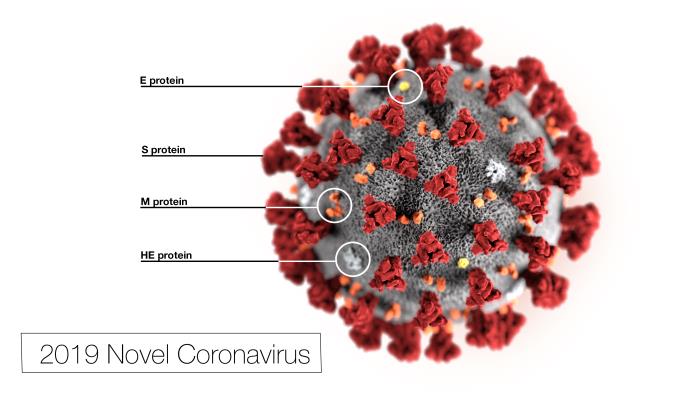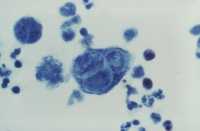Author Interviews, COVID -19 Coronavirus / 02.04.2020
COVID-19: Early Antiviral Treatment Linked To Reduced Severity and Improved Prognosis
MedicalResearch.com Interview with:
Hongcui Cao, M.D.
State Key Laboratory for the Diagnosis and Treatment of Infectious Diseases
National Clinical Research Center for Infectious Diseases
The First Affiliated Hospital
College of Medicine, Zhejiang University
Hangzhou, China
MedicalResearch.com: What is the background for this study?
Response: The proportion of severe novel coronavirus disease (COVID-19) cases has dropped significantly. Specifically, this number has decreased from 32.4% on January 28 to 21.6% in Wuhan and to 7.2% in other provinces of China on February. Measures such as strengthened medical support and centralized isolation greatly contributed to the improved circumstances, and laid a solid foundation for further enhancing the cure rate and reducing the mortality rate. However, there are still hundreds of severe patients dying every day. It is extremely important to make timely and efficient diagnosis and initiate treatment for severe patients. (more…)


